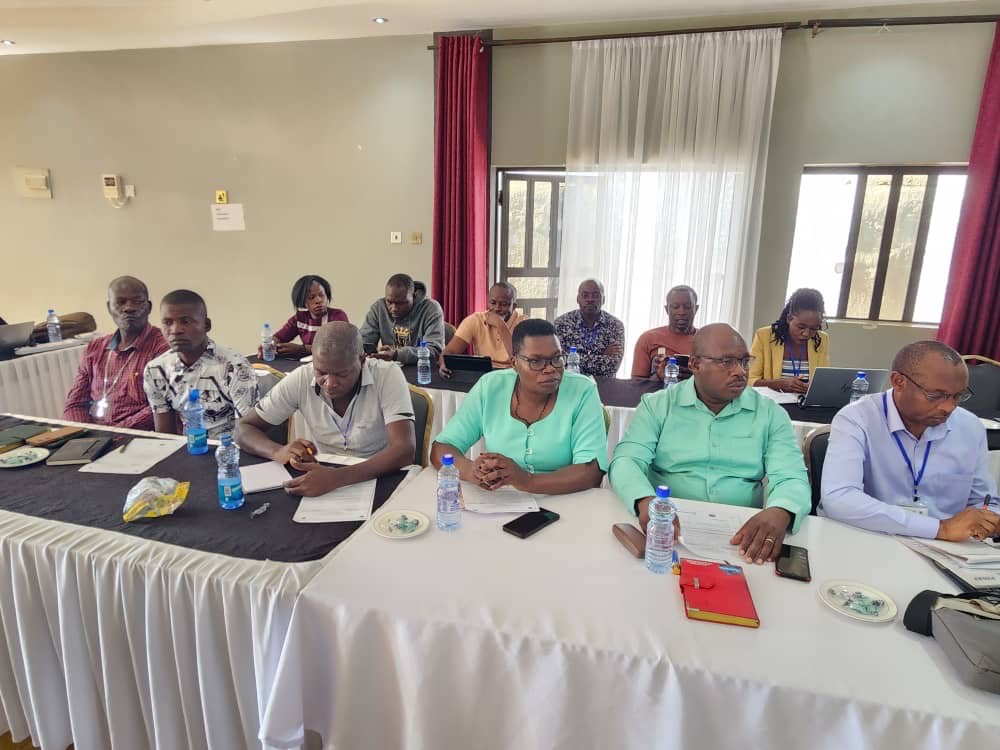Kenya and Uganda have taken significant steps to improve cross-border health security with a joint Strategic Risk Assessment (SRA) conducted at the Busia One Stop Border Post. This border post serves as one of East Africa’s busiest and most vital gateways, making it an essential location for enhancing regional preparedness for health emergencies.
The assessment involved a coordinated effort between health, security, and border management teams from both countries. Its primary goal was to identify priority hazards, assess vulnerabilities, and implement coordinated mitigation strategies. This joint initiative is part of a broader effort to fulfill the countries’ commitments under the International Health Regulations (IHR 2005), ensuring they are better prepared for public health emergencies that could have regional or international implications.
In the face of persistent health threats, particularly the ongoing risk of Ebola outbreaks from neighboring regions like the Democratic Republic of Congo, the SRA has proven critical. The exercise focused on reinforcing early detection systems, strengthening the effectiveness of responses, and ensuring the continuity of essential health services even in the event of a health crisis. The collaboration between Kenya and Uganda aims to create a robust framework that enhances their ability to detect and respond to health threats swiftly.
This initiative underscores the importance of regional cooperation in the fight against emerging diseases and public health risks. By improving the effectiveness of border health systems, the two countries are fostering a culture of mutual support and information sharing, which is essential for managing cross-border health emergencies.
The joint assessment also comes at a time when health systems worldwide are facing increased strain due to global health threats. Strengthening regional security is essential not only for containing outbreaks but also for ensuring that health services remain uninterrupted. By working together, Kenya and Uganda are laying the foundation for a more resilient cross-border community that can better withstand the challenges of public health crises.

